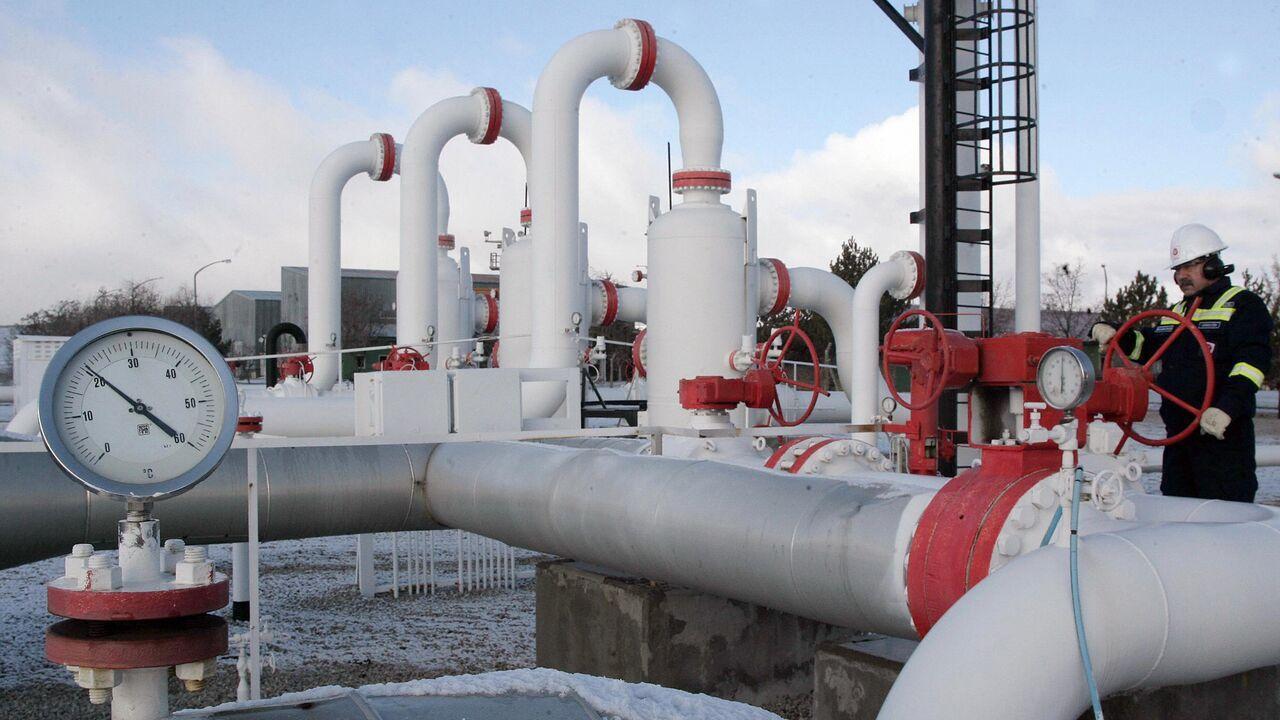
Russia's state energy giant Gazprom has quietly abandoned its ambitious plans to establish a gas distribution hub in Türkiye according to Bloomberg, effectively ending what had been viewed as Moscow's primary pathway back into European energy markets following its invasion of Ukraine.
The shelved project represents a significant setback for Russia's energy strategy, as the company had hoped the Turkish hub could help restore some of the approximately $8 billion in monthly revenue it once generated from European gas sales before the war disrupted its traditional supply routes.
The decision comes after months of feasibility studies revealed insurmountable obstacles, according to people familiar with the matter who requested anonymity due to the sensitive nature of the discussions. Key challenges included Türkiye's limited pipeline capacity for exports to southern Europe and Ankara's refusal to allow Gazprom joint control over gas marketing from the proposed hub.
President Vladimir Putin first publicly promoted the Turkish hub concept in October 2022, just weeks after the Nord Stream pipelines to Germany were damaged in mysterious explosions. Putin envisioned the facility handling flows equivalent to Nord Stream's capacity—about 55 billion cubic meters annually—requiring costly new pipelines across the Black Sea.
"The project would be economically viable and more secure than other European routes," Putin said at the time, positioning Türkiye as a potential replacement for the damaged infrastructure that had been central to Russia's European energy strategy.
However, the initiative faced skepticism within Gazprom from the outset. The Turkish hub concept reportedly originated in political circles close to the Kremlin rather than from the energy company itself, surprising some managers when Putin began publicly championing the plan.
Despite initial enthusiasm from some Gazprom Export employees who saw the project as offering purpose after losing much of their international market, practical realities quickly dimmed prospects. Türkiye insisted on marketing the gas independently, with Gazprom serving merely as a supplier—a level of control the Russian company found unacceptable.
Infrastructure constraints proved equally problematic. Türkiye's existing pipeline capacity into European Union members Greece and Bulgaria was insufficient to handle significant additional volumes, undermining the viability of a major trading hub with its own price index.
The abandoned project also reflects broader challenges facing Russian energy exports. The European Union is advancing proposals to ban Russian gas imports entirely by 2027, further limiting Moscow's options for maintaining its former energy influence in the region.
As recently as last year, Putin continued publicly supporting the Turkish hub during meetings with President Recep Tayyip Erdogan, describing it as helping create "balanced pricing mechanisms" for Russian gas. However, signs of scaling back emerged when Putin ruled out storing large volumes of Russian gas in Türkiye—a prerequisite for any major distribution center.
Turkish officials maintain their willingness to cooperate on the project, according to a Turkish official familiar with the discussions. However, the official acknowledged significant delays in the process while speaking on condition of anonymity.
The project's cancellation does not immediately affect Gazprom's ongoing business relationship with Türkiye, which remains among its largest gas customers. However, it illustrates how Russia's options for rebuilding its once-dominant position in European energy markets remain severely constrained by the current geopolitical climate.
Russia previously served as Europe's largest gas supplier through multiple pipeline routes before the Ukraine conflict disrupted these established energy relationships and prompted European efforts to reduce dependence on Russian energy imports.